“To be clear, the guy who makes that decision, I mean, it’s one man. There are no checks on Mr. Putin. Just as he made the irresponsible decision to invade Ukraine, you know, he could make another decision,” Defense Secretary Lloyd Austin told CNN on Sept. 30.
Putin made an indirect hint that he’s contemplating the use of nuclear weapons on Sept. 30 while addressing hundreds of Russian lawmakers and governors in a grand Kremlin hall when he mentioned that the United States is the only country that has ever used a nuclear weapon, adding that: “By the way, they created a precedent.”
The speech was followed by a signing-in ceremony with the Russian-appointed heads of the four Ukrainian regions that Russia occupied during the war. The signing-in was to formally start the annexation process of the Lugansk, Donetsk, Kherson, and Zaporizhzhia regions.
Austin termed Putin’s claim over the Ukrainian territory as “illegal” and his seemingly indirect warnings of a nuclear attack as an “irresponsible statement.” “These are—it’s nuclear saber-rattling. It’s not what the kind of thing that we would expect to hear from leaders of large countries with capability,” Austin told CNN on Oct. 1.
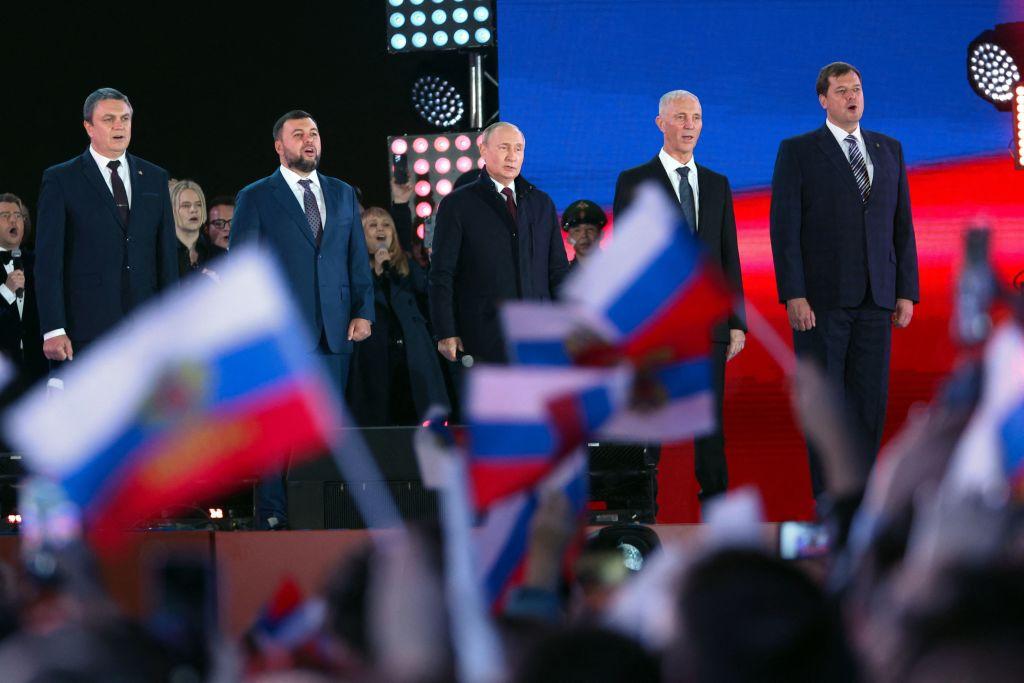
“Our administration has been clear that there is a risk, given all of the loose talk and the nuclear saber-rattling by Putin, that he would consider this. And we’ve been equally clear about what the consequences would be. We have communicated that directly to the Russians,” said Sullivan.
“We do not presently see indications about the imminent use of nuclear weapons. We are, of course, monitoring that carefully and staying in close consultation with allies and partners,” he said adding that Putin has just “brandished the nuclear card” as he has earlier done.
“Well, I think the message to him is if you use a nuclear weapon, it’s a suicide weapon. And the response from NATO and the United States doesn’t have to be nuclear,” said McMaster in response to a question on Putin’s thoughts on using nuclear weapons.
“I don’t think a nuclear weapon is usable there, you know. So, I think that we ought to take it seriously. We have to, but we ought to not allow this to cow us in terms of the support for the Ukrainians.”
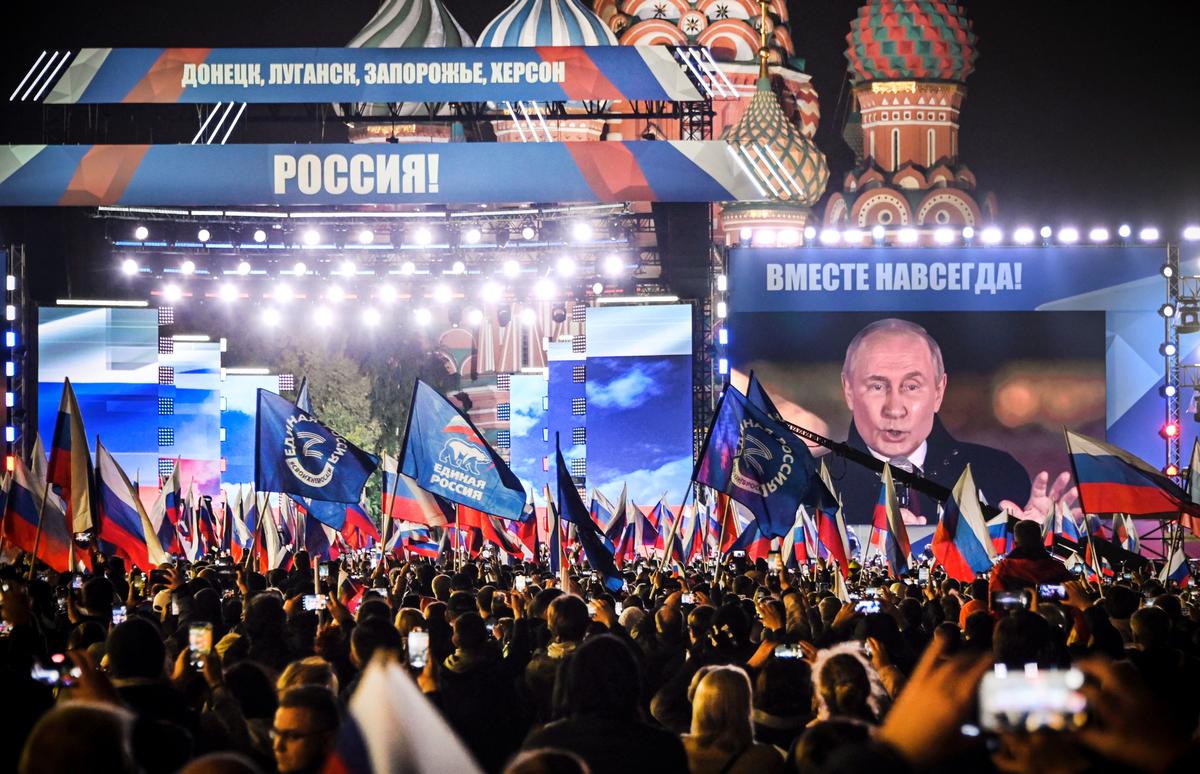
Russian sources quoted in Russian media believe that these nuclear threats have seemingly led to nuclear deterrence and have stopped the United States and NATO from supplying powerful and advanced weapons to Ukraine.
Arbatov said that this “mutual deterrence” is likely not sustainable. “Ukrainian attacks on Crimea have already taken place, and in the future they are likely to affect the territories that joined Russia after the referendums, the new status of which is not recognized by either Ukraine or the West. This is the predictable ‘fuse’ of a dangerous escalation of the conflict,” he said.
“Russia has gotten itself into the mess that it’s in is because there is no one in the system to effectively tell Putin he’s doing the wrong thing,” said Blinken. “It’s very important that Moscow hear from us and know from us that the consequences would be horrific.”
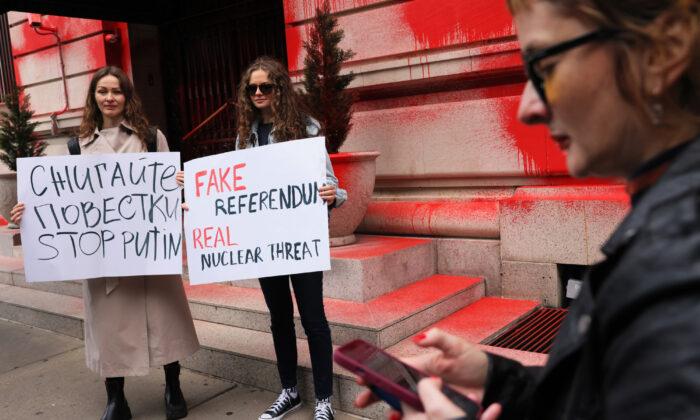

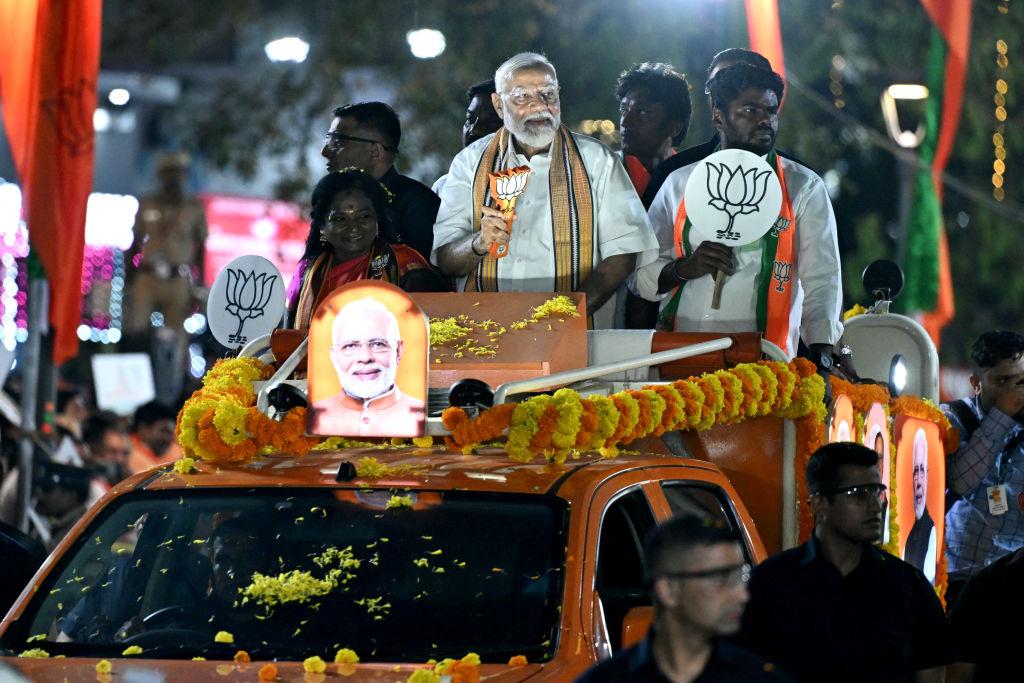


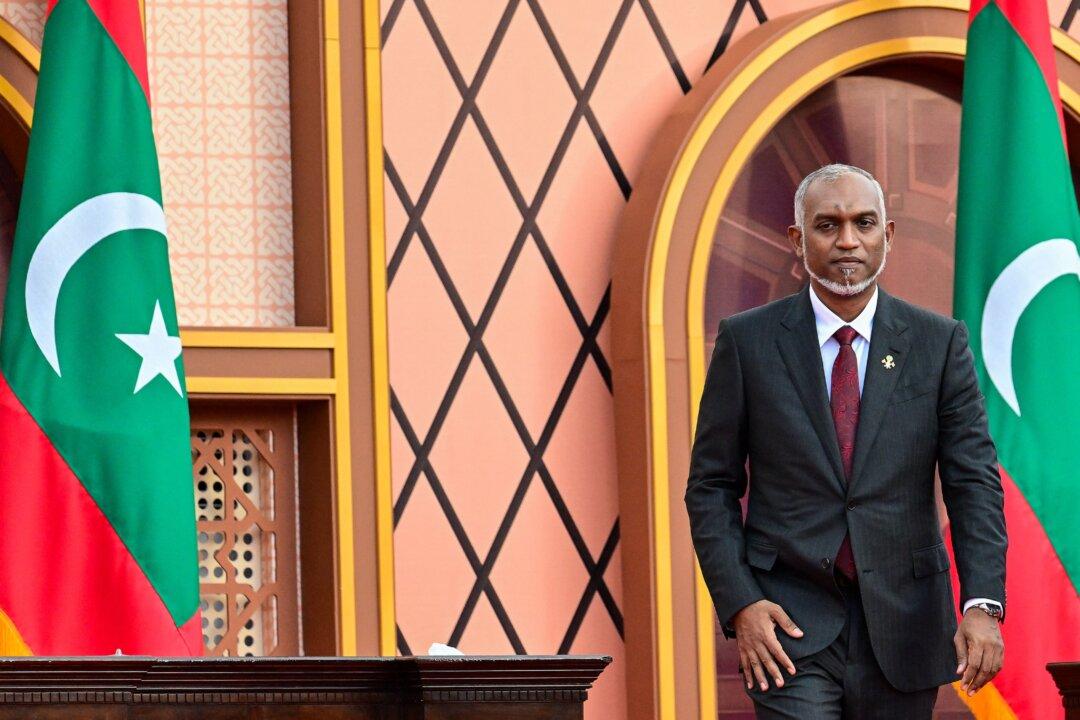
Friends Read Free